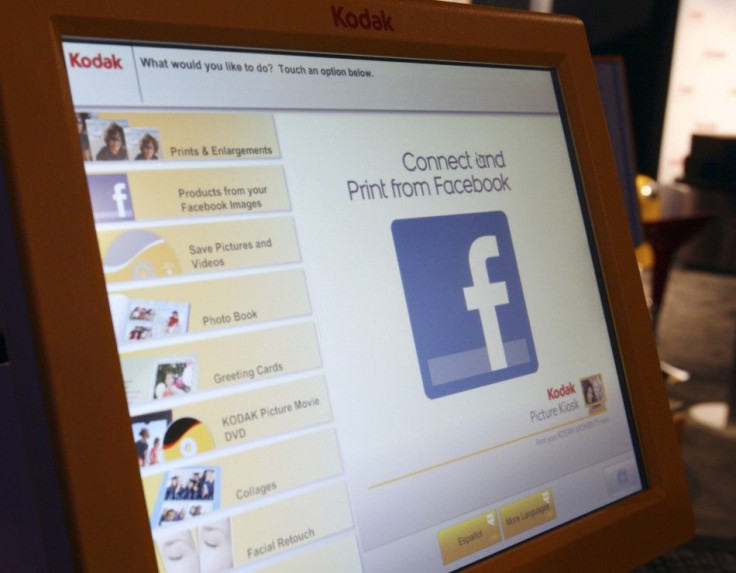Facebook Faces Trial on Technology Behind Social Media Giant's Web Site

In Facebook's Feb. 1 filing for its initial public offering, the company acknowledged the deluge of intellectual property lawsuits technology companies face. As the social networking giant prepares to go public, Facebook said more could be on the way.
In the meantime, Facebook will have to go through a patent trial set to begin Monday that could determine if it will be forced to pay an obscure Columbus, Ohio, technology company for using patented source code to run its Website.
The issue before the court Monday will not be whether Facebook infringed on a patent from Leader Technologies -- a federal jury in Delaware already determined it had -- but the validity of the patent itself.
That essentially is the engine that runs Facebook, said Leader's chair and founder Michael McKibben, referring to his technology. It runs the Website by which their users interact with the Website and each other.
McKibben has spent the last four years in a legal odyssey to win damages from Facebook for allegedly taking his data management technology allowing a large number of users to share information -- files, pictures, documents, messages, videos, data, or other digital content -- with each other.
In an interview with an Ohio news station, McKibben said he emailed the source code to his son, a Harvard student living in the dorms with Facebook founder Mark Zuckerberg.
After a seven-day trial in U.S. District Court in Delaware, a jury seemed to hand Leader a victory. It found that Facebook had directly infringed on all 11 patent claims asserted in the case. Nonetheless, the jury also found, the patent was invalid because Leader had made its technology available for sale in its Leader2Leader suite more than a year before filing a patent application in 2003.
The jury verdict hinged on McKibben's testimony during trial. Facebook's lawyers grilled McKibben about his response to a set of written questions, known as interrogatories, that showed Leader2Leader was available for sale as early as 2002.
Their contention was that was an admission that the Leader2Leader brand name for all time, the entire history of Leader, practiced the invention, which we never testified to and there was no evidence of, McKibben said in an interview.
Facebook spokesman Andrew Noyes declined to comment and the San Francisco-based company's lead lawyer did not respond to a request for comment.
In court filings, Facebook's counsel said McKibben could not point to a single version at any point in time that did not implement the patented invention during the discovery process. At trial, Facebook said McKibben's story changed dramatically when he mentioned the 2002 version of Leader2Leader never contained the patented technology.
That was enough to convince a jury that Leader was peddling its technology before filing a patent application. McKibben unsuccessfully asked the judge for a new trial or a ruling upholding the validity of the patent.
He is now taking his appeal to the Federal Circuit Court in Washington, the home of intellectual property lawsuits, on grounds that there was insufficient evidence presented for a jury to reach its conclusion.
Overturning a jury verdict is a high burden for McKibben to clear, said Reginald Hill, a partner at Jenner & Block.
If the jury decided this question based on credibility of McKibben's trial testimony, he said, that is the most difficult decision to overturn.
© Copyright IBTimes 2024. All rights reserved.





















